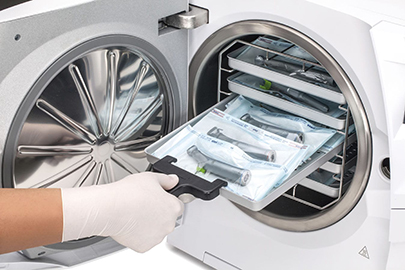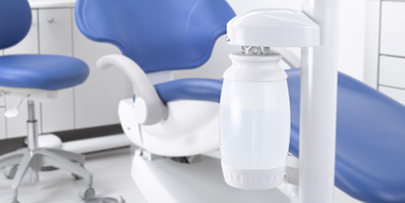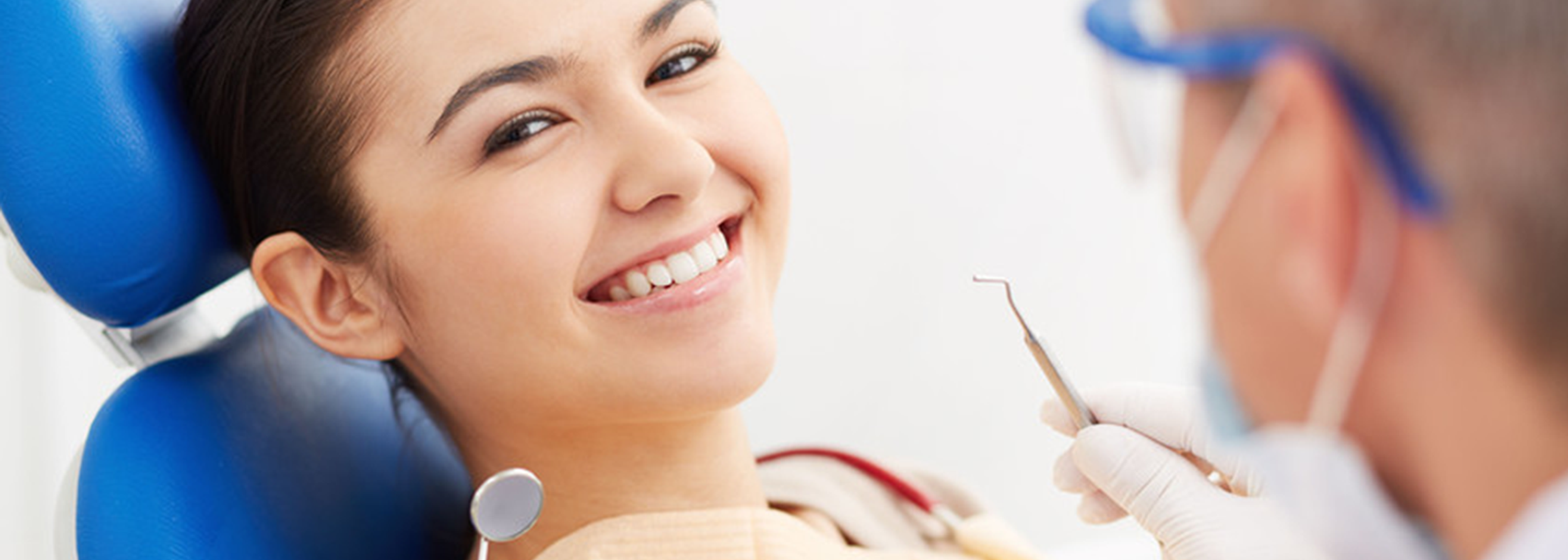Dental / Medical

Eliminate the need for regular distilled water and antibacterial tablet purchases while saving time, money and energy with a state-of-the art AQUAVITA™ Deionized Water System — the ideal distillation alternative.
- Autoclave-ready deionized water at your fingertips
- Unlimited water for mixing with cleaners and for filling ultrasonic cleaners, dental bottles and instrument washers
- Zero energy consumption (no electricity involved)
AQUAVITA™ HP-1000
Designed for dental clinics/ medical centers using low volume of distilled water with tap water TDS (total dissolved solids) of less than 200ppm.
AQUAVITA™ HP-3000
Designed for larger dental clinics/ medical centers using high volume of distilled water, and does not depend on the quality of input water.

OUR DEIONIZED WATER UNITS:
- Utilize ultra-filtration prior to the process of deionization/distillation
- Are digitally self-monitored for consistent water quality
- Have a compact, efficient and optimized design, with an elegant chrome-plated faucet
- Are digitally self-monitored for consistent water quality
- Come with guaranteed lifetime technical support and maintenance
- Are fully manufactured in the USA
What is distillation?
Over the years, “distilled water” has become synonymous with dental equipment sanitation, but before we look at how our distillation alternative is the ideal solution, let us first look at the science behind traditional distillation. Distillation is one of the oldest methods of water treatment and is still in use today, though not commonly as a home water treatment method. It relies on evaporation to purify water. Contaminated water is heated to form steam. Inorganic compounds and large non-volatile organic molecules do not evaporate with the water and are left behind. The steam then cools and condenses to form distilled water. Distillation’s effectiveness in removing organic compounds varies, however, depending on chemical characteristics of the organic compound such as solubility and boiling point. Organic compounds with boiling points lower than the boiling point of water (e.g. benzene and toluene) vaporize along with the water. These harmful compounds will re-contaminate the output water.
Why purchase/produce distilled water when there is a better, safer, and more efficient solution? That’s where we come in.
What do we do?
An important distinction to be made when dealing with the issue of water treatment is the one between distilled water and purified, deionized water. Technically, distillation is a form of water purification as well; but, in reality, purified water has become known as the result of water going through a specific filtration and purification process. As mentioned above, the quality of distilled water is dependent on the quality of the input water. This is not the case for water purification/deionization, though. For instance, when the AQUAVITA™ HP-3000 system is given both well water from Peru and tap water from New York City, the output will always be the same. Thus, it is important to realize that while distillation and deionization serve the same purpose, deionization will provide a far more quality/cost-effective solution. Scroll down to view our dental solutions brochure. Click on the appropriate button below to request more information, or to request a FREE water analysis and consultation service appointment.


